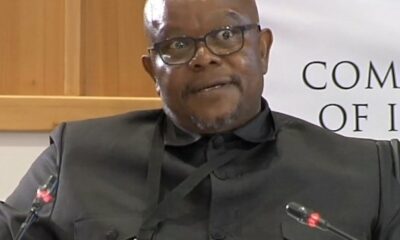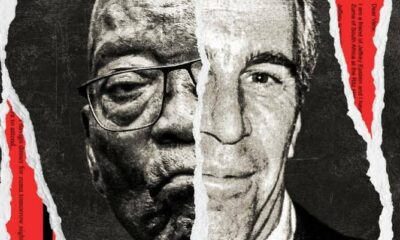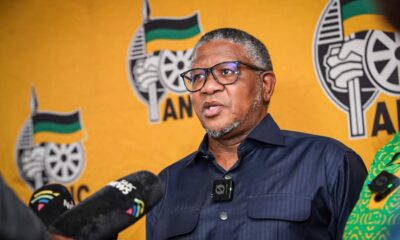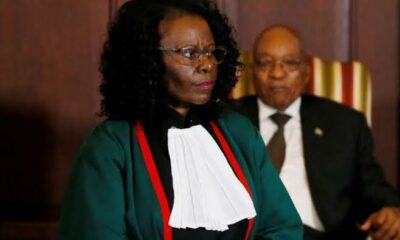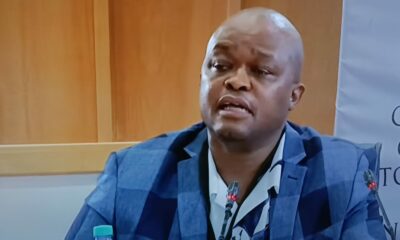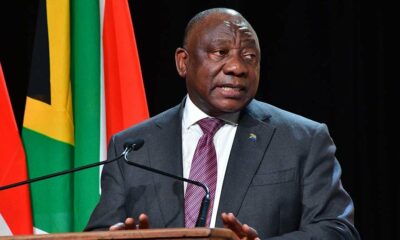News
AfriForum Slams Ramaphosa’s National Dialogue as a Potential ‘Monologue’
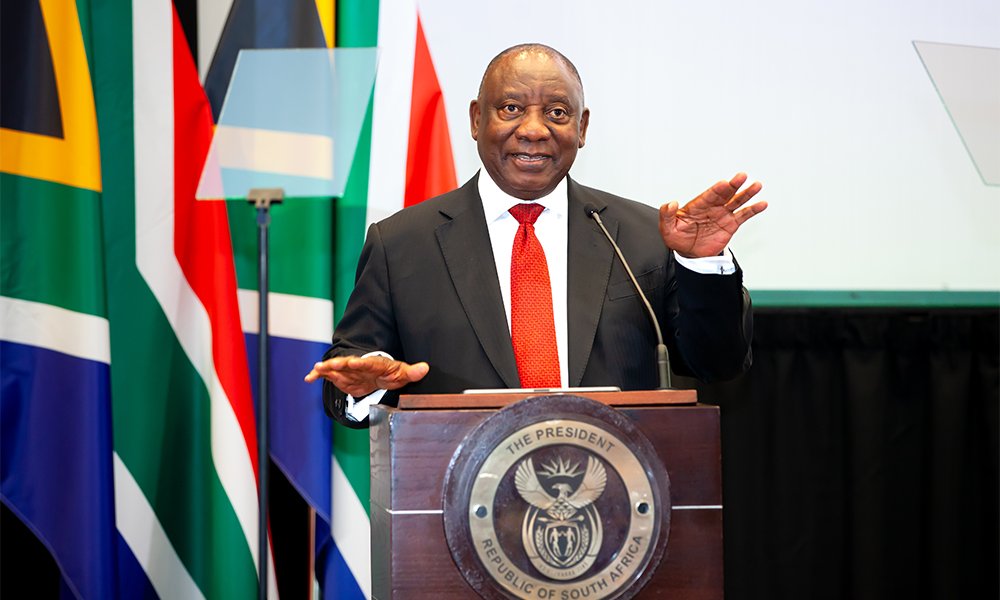
AfriForum Fears National Dialogue Will Become a Ramaphosa-Controlled Monologue
Civil society must lead, not just listen, says group amid growing concerns over political bias in upcoming talks.
The idea of a National Dialogue meant to bring together South Africans in conversation over the country’s deepening crises has already hit a stumbling block and it hasn’t even started yet.
AfriForum, the Afrikaner civil society organisation known for its vocal stance on governance and civil rights, has warned that the process could be “captured” by loyalists of President Cyril Ramaphosa, turning a much-needed national conversation into a one-sided political performance.
From Dialogue to Monologue?
AfriForum CEO Kallie Kriel said while the concept of a National Dialogue is “desperately needed” in a country facing growing social, political and economic challenges, the way it’s being launched has already sparked alarm bells.
“The announcement by the president came without consultation with anyone who has been involved in the process,” said Kriel. “It looks like there’s an effort to turn what was meant to be a civil society-led initiative into a government-controlled process.”
He went further, warning that the appointment of an Eminent Persons’ Group announced by Ramaphosa himself, risks stacking the deck with loyalists who won’t challenge ANC mismanagement. Kriel pointed to figures like Roelf Meyer, a former politician and long-time Ramaphosa ally, as examples of this perceived imbalance.
The Mbeki Foundation’s Original Vision
Interestingly, the original idea for a National Dialogue didn’t come from the presidency. It was mooted by the Thabo Mbeki Foundation, which collaborated with other struggle-era organisations to explore a platform where civil society, not just politicians could guide the national conversation.
Mbeki himself emphasized during a South African Communist Party event in December that this dialogue must not mirror the Convention for a Democratic South Africa (CODESA) model, which was party-led. “This time, it must be led by the people,” he said.
That distinction has become the battleground: Who gets to lead civil society or the state?
Political Buy-In or Political Co-Opting?
AfriForum’s worry is not that the National Dialogue will fail because it includes government. Rather, it’s that it might exclude real critique, grassroots voices, and uncomfortable truths in favour of tightly managed messaging from inside the Union Buildings.
“It’s not that we won’t participate,” said Kriel. “But if it becomes a platform for ANC loyalists to rubber-stamp a narrative, then it’s no longer a dialogue, it’s a monologue.”
For now, AfriForum is waiting to receive an official invitation before confirming its participation, but the tone is cautious.
Civic Trust and National Conversations
Commentator and political analyst Khanyi Magubane added a layer of skepticism many South Africans likely share: “We do need a National Dialogue — but not another empty talk shop. What are the outcomes? What’s the goal?”
Her point is clear: Public trust in political processes is low, and unless this platform produces real, tangible progress, not just speeches and symbolism it risks being written off as yet another cosmetic reform.
Why It Matters
South Africa is a nation on edge. With persistent load-shedding, corruption fatigue, economic stagnation, and societal fractures along race and class lines, many believe a structured, inclusive conversation is long overdue.
But if that dialogue is seen to serve the political elite more than the people, it could deepen rather than heal national divides.
The road to reconciliation or repair cannot be top-down. AfriForum’s criticism may be controversial to some, but their core point echoes a broader call: let civil society lead. Let the people speak and be heard.
The National Dialogue could be a turning point for South Africa, but only if it avoids becoming yet another political performance.
{Source: The Citizen}
Follow Joburg ETC on Facebook, Twitter , TikTok and Instagram
For more News in Johannesburg, visit joburgetc.com

